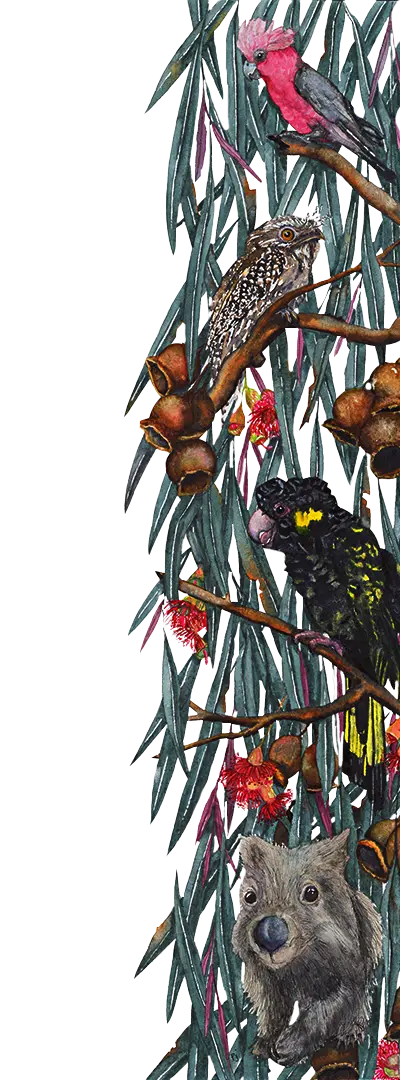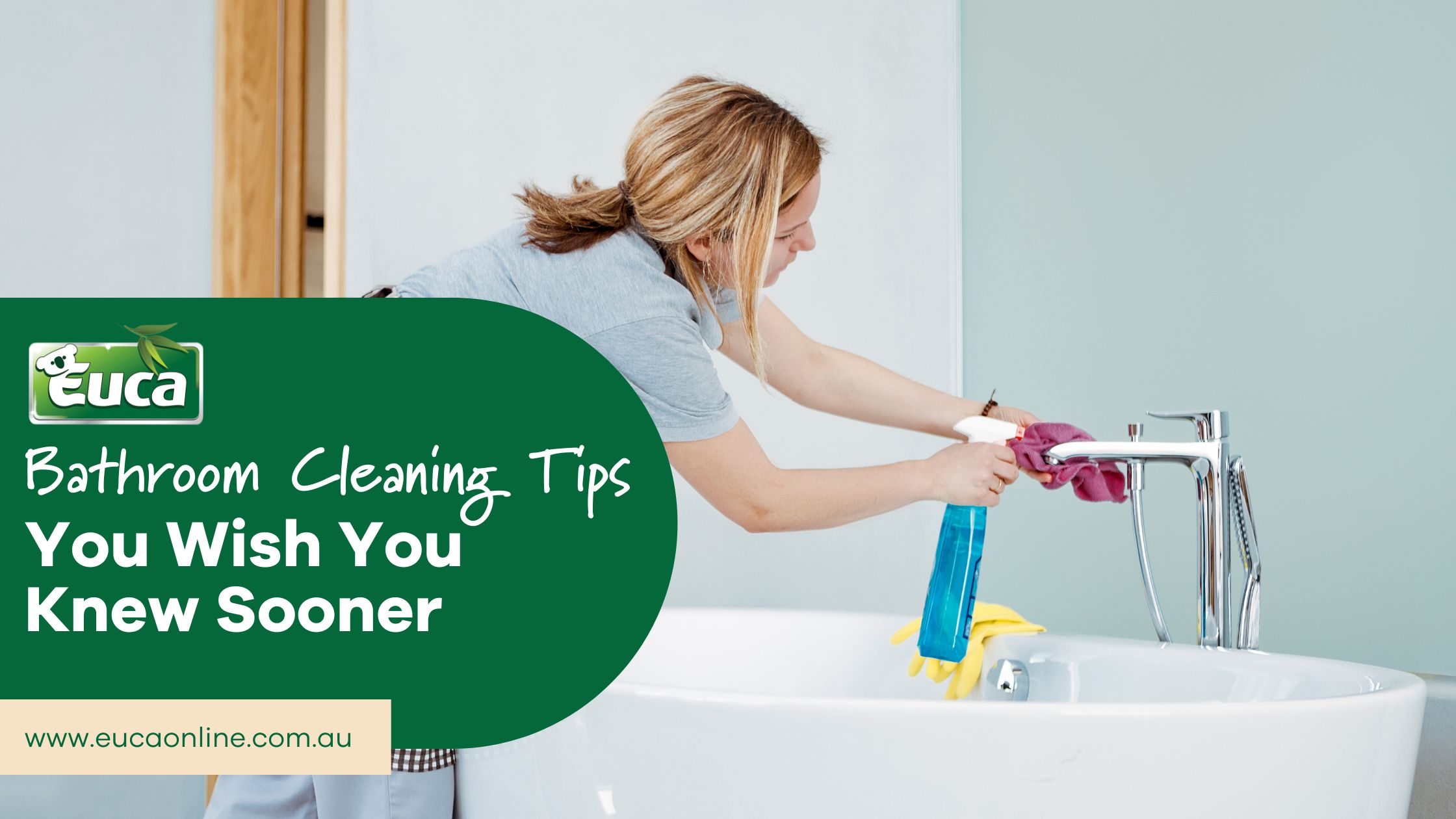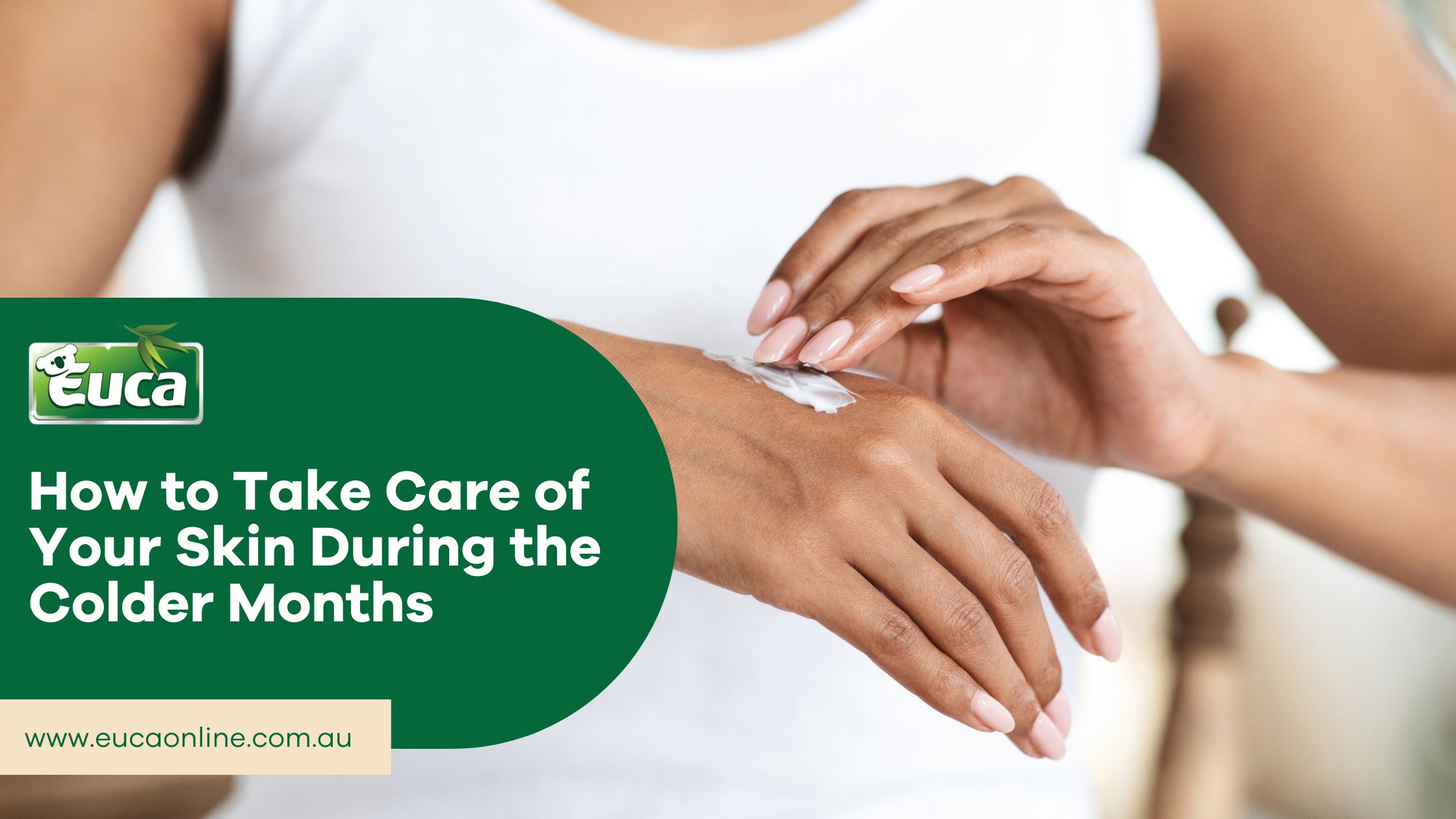The importance of being environmentally friendly or eco-friendly is expanding more and more every day. From products, services and vacation home listings, we’ll be able to find alternatives for the said sustainable life.
So What Does It Mean To Be Eco-Friendly?
Basically, it means to be living in ways that are good for the environment. As much as possible, protecting the planet from man-made damages. It can be as simple as opting for small changes that in the long run reduce the detrimental impact that our daily lives have on the environment.
Making An Eco-Friendly Home
Houses generate less pollution than many things, such as factories, but there are still many things you can do to make your home more eco-friendly. Your home is a place where you have the power to make changes, so why not take advantage of it? The following is a list of things you can do, ranging from major house upgrades to simple tweaks that can have a large impact.
Switch to Renewable Energy for Electricity
While this may be a big investment, renewable energy is a way that households can be more eco-friendly. Most residences are relying to a power grid that is from fossil fuels, such as oil or gas.
Solar panels are an example of renewable energy technology. The sun's energy is harnessed and converted into power in this photovoltaic system, a method far more environmentally friendly than relying on fossil fuels.
Turn Off Electronics When Not In Use
This seemingly insignificant habit can have a significant impact on your monthly electric bill as well as your overall electricity consumption. When we are not using our televisions, computers, or other electrical devices, we often leave them plugged in. In standby mode, these devices still draw power from the grid. You can save money by unplugging all of your electronic devices when you're not using them.
Replace Wood/Plastic with Bamboo
Anything made of wood or plastic is being phased out in favour of bamboo. The use of bamboo, a continuous grassland plant, is on the rise. For heavy-duty materials that are lighter weight, less expensive, and more environmentally friendly than wood or plastic, this plant can grow up to 30 - 100mm (1-4 in) every day.
An example of this is switching to bamboo toothbrushes. As we replace our toothbrushes every three to four months, imagine how much non-biodegradable plastics we can accumulate, compared to bamboo toothbrushes that can be decomposed in three to four months as well.
Buy Ethically Sourced Clothing
The environmental damage caused by the manufacturing of clothing is substantial. There is a large amount of blame to be assigned to fast fashion, as this type of clothing is mass-produced. For some synthetic fibres, it can take up to 200 years to degrade, which is why these volumes are made in the first place (such as polyester).
The biodiversity of our planet is likewise put at risk by these fibres. Animals consume microplastic fibres from these types of clothing when they are washed. In order to avoid purchasing clothing that has been produced in a way that contributes to pollution, consumers need to be aware of what they are purchasing and how it is made.
Eat Less Meat
A bulk of agriculture's glasshouse gas (GHG) emissions come from the production of meat and dairy. From the time of production to processing, packing, and finally serving, emissions occur. Methane from cattle digestion and Nitrous Oxide from organic and mineral nitrogen fertilisers are two of the most potent glasshouse gases released during farming.
Consuming less meat would have a positive impact on lowering GHG emissions because the majority of emissions come from the production and processing of meat and dairy. Some people choose to go vegan completely, but even cutting back on meat can have a major impact.
Plant Some Greenery
The quickest and easiest way to make your home more environmentally friendly is to get some house plants. Adding houseplants to your home is a great way to reduce your carbon footprint while also improving the quality of your indoor environment. Having some nice-looking indoor plants in your home can do wonders for your mental health because we all adore the sight of greenery. Even a handful of little plants on your windowsill or beneath your bookcase would do; it doesn't have to be anything fancy.
Manage Your Waste Disposal
We can begin to decrease garbage and recycle in order to protect the environment. There are a number of things we can do to reduce our waste. Toxic waste collection, transportation, and disposal are all responsibilities that belong to us as individuals as well as businesses. However, despite the widespread belief that recycling is a waste of time and money, it is still a crucial tool in the fight against garbage ending up in landfills.
Use Eco-Cleaning Products to Clean the House
Many common household cleaning products include toxic substances that might harm the environment. Chemicals used to clean our clothes, dishes, and homes end up harming our planet's biodiversity and its ecosystems.
Such detergents, preservatives, and foaming agents are among the most environmentally damaging chemicals. Eco-friendly household items should have no synthetic substances as their primary ingredient.
At Euca, there is a wide range of 100% natural, sustainably sourced, eco-friendly products from laundry and cleaning, even personal and pet care that has been tried and tested by thousands of loyal customers. Proudly Australian and manufactured with love. If you’re looking to make the switch, shop our full eco-friendly range today at our online store www.eucaonline.com.au.
Practising the habits outlined in this article will move you closer to living a healthier lifestyle. Practising eco-friendly practices has both eco-friendly and wallet-friendly. So go ahead and make a difference.





























Write a comment